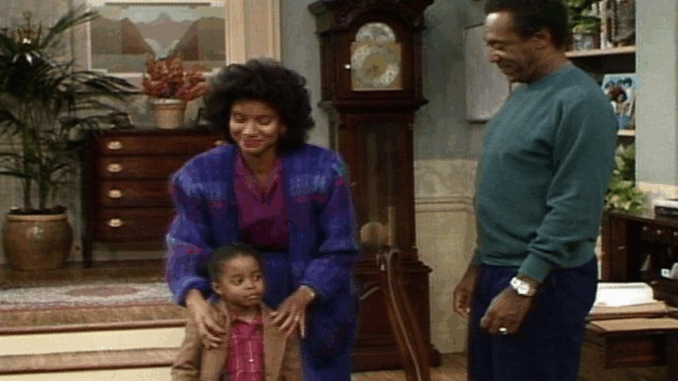
When The Cosby Show burst onto the television scene in 1984, it did more than entertain — it shifted the cultural landscape. By showcasing the daily life of the Huxtable family, this groundbreaking sitcom challenged long-standing television tropes and offered a fresh, aspirational portrait of a successful Black household. Decades after its finale, its impact still reverberates across TV screens and beyond.
Before The Cosby Show, mainstream television often relied on stereotypical depictions of African-American families, if they appeared at all. Cliff and Clair Huxtable, along with their five children, changed that. Week after week, audiences watched a family that was smart, funny, successful, and caring — paving the way for future series like Fresh Prince of Bel-Air, Black-ish, and Everybody Hates Chris. The show proved that authentic, diverse stories could achieve massive commercial and critical success.
Its cultural impact extended far beyond entertainment. The Cosby Show shattered racial barriers and gave African-American professionals — doctors, lawyers, teachers, and students — a powerful and visible representation. It became a touchstone for conversations about race and family, encouraging viewers of all backgrounds to appreciate the complexity of everyday Black life.
More importantly, The Cosby Show raised the bar for sitcoms as a whole. Its clever blend of humor, heartfelt family lessons, and topical themes created a blueprint that writers and producers still look to today. Even with the evolving landscape of television and changing social conversations, The Cosby Show remains a pioneer — one that forever changed the way we see ourselves and each other on screen.